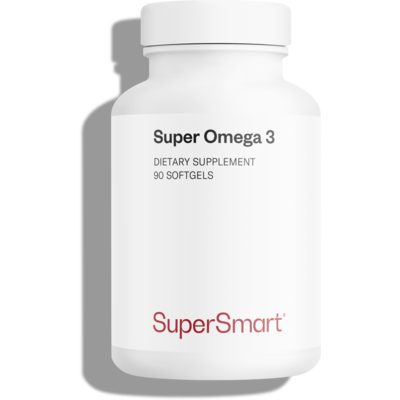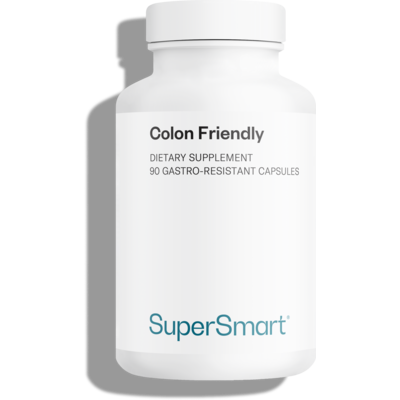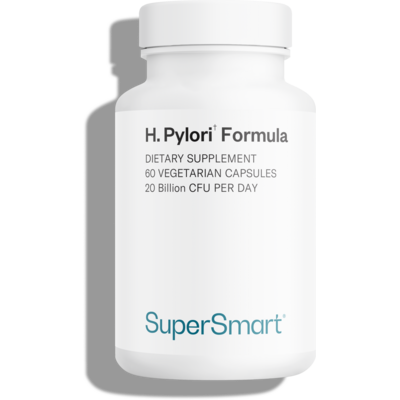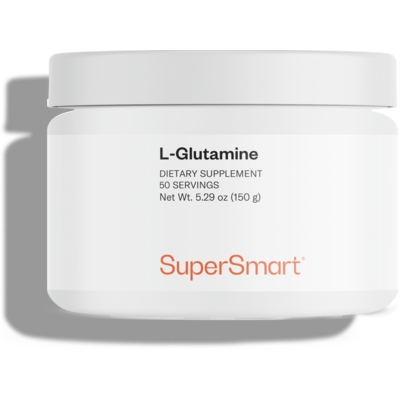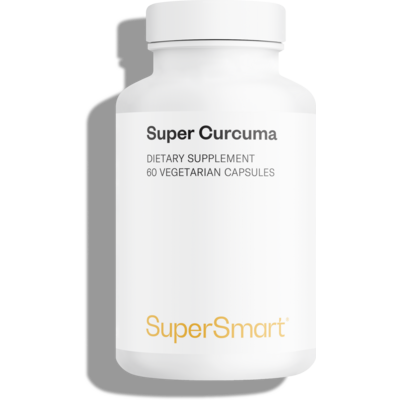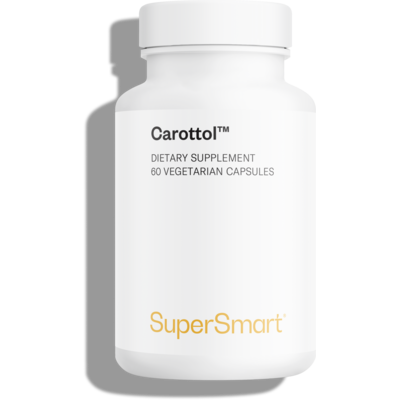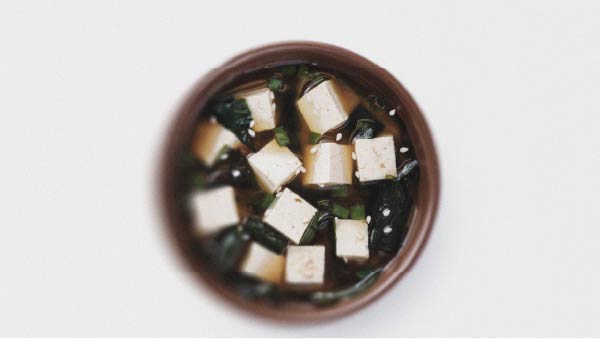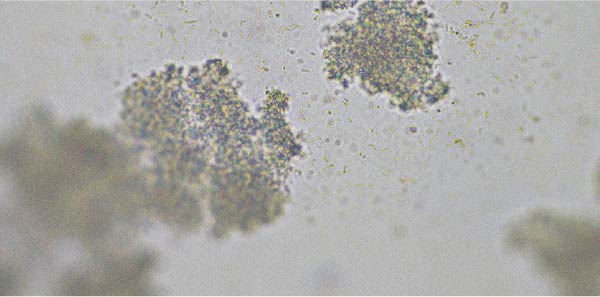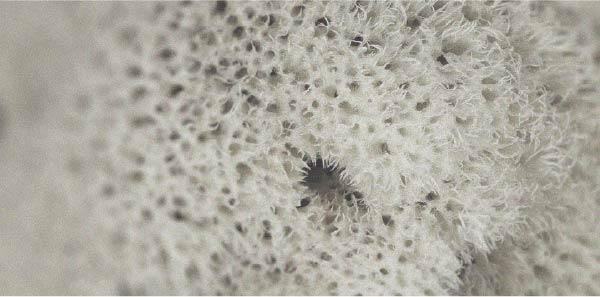Gastritis: which foods should you avoid?
If you suffer from indigestion, heartburn, abdominal pain or flatulence, you may have gastritis. There are a number of options for relieving this condition ... as well as certain foods to avoid.

What exactly is gastritis?
Gastritis is inflammation of the stomach, or more precisely, the lining of the stomach. It’s possible to have gastritis without realising it – this is called asymptomatic gastritis.
More often, however, gastritis manifests in a range of symptoms. These are mainly digestive problems such as heartburn, acidity, bloating and even vomiting.
There are many potential causes: Helicobacter pylori infection, excessive alcohol consumption, gastroesophageal reflux disease, stress, auto-immune disease …
Gastritis can be acute or chronic. Acute gastritis develops suddenly and normally disappears on its own within a few days. But if it becomes chronic, it can sometimes persist for several months.
How is gastritis treated?
Even though acute gastritis produces very unpleasant symptoms, it is not usually a cause for concern.
Whether acute or chronic, it’s important to consult a doctor if you suspect gastritis or have persistent symptoms.
Medical treatments for gastritis
Your doctor will undoubtedly try to identify the factors responsible for the onset of your gastritis.
He or she may prescribe antacids, such as histamine H2-receptor antagonists, also known as H2-blockers, or proton pump inhibitors (PPIs). Other options include orally-administered, acid-neutralizing drugs and analgesics for relieving the pain.
For chronic gastritis due to Helicobacter pylori bacteria, doctors may prescribe antibiotics such as amoxycillin.
The diet: a major key to unlocking relief from gastritis
As your doctor will undoubtedly tell you, one of the keys to achieving rapid and effective relief from gastritis lies in your diet. Doctors often recommend eating soup and other liquid foods to soothe the stomach. But there are also foods you should avoid and those you should prioritise in order to eliminate your symptoms.
Which foods should you avoid in the case of gastritis?
To relieve symptoms and prevent gastritis from persisting, it’s best to avoid certain foods which are particularly triggering and hard to digest:
- overly fatty, salty and acidic foods are particularly difficult to digest and stimulate acid secretions. It’s therefore best to avoid fatty, salty meats such as charcuterie, as well as cheese, crackers, sauerkraut, or too much fat in general, especially fried food. Heavily-sauced dishes and gourmet desserts should also be excluded;
- sugary foods, found in processed products, fast-food, mass-produced cereals and desserts also promote inflammation ;
- you should also avoid spicy dishes and ingredients. Chilli, curry, ginger, cumin and green anise can all irritate the lining of the stomach ;
- lastly, alcohol and carbonated or aggravating drinks, such as tea, coffee, fruit juices and fizzy drinks, are all off-limits until the problem is resolved. Alcohol can actually alter the lining of the stomach and the esophagus, while the other ‘banned’ drinks increase gastric acid secretion.
Which foods should you eat for gastritis?
Logically enough, the foods to focus on are generally those not listed among the foods to avoid:
- foods high in fibre and antioxidants are usually recommended for gastritis. Doctors often advise eating soup as this enables you to benefit from the nutrients in vegetables, especially their vitamins, in a way that’s very easy to digest;
- to ensure a good protein intake, you can eat lean meat such as chicken, or white fish. And contrary to what you might think, you can go ahead and eat pulses such as kidney beans, chickpeas or lentils;
- for dessert, feel free to eat some fruit as long as it’s not too acidic. Bananas, peaches, pears and apples are all excellent options;
- as for drinks, nothing beats water! Tap water, filtered or not, is generally the best choice, though you also have the option of drinking bottled water rich in bicarbonate to counter acidity;
- last but not least, it’s generally advisable to consume omega-3s (see our famous fish oil Super Omega 3) as well as vitamin A (from carrots, beetroot, peppers … or at higher doses from the supplement Carottol).
How to obtain rapid relief from gastritis
There are a few tips worth knowing to alleviate the symptoms of gastritis even faster:
- dividing your meals into smaller, more frequent ones is a simple technique which allows you to eat without overloading the stomach;
- take regular probiotics (such as those found in Colon Friendly), as they help maintain a healthy gut microbiota sain (1) ;
- for chronic gastritis caused by Helicobacter Pylori bacteria, discover our supplement H. Pylori Formula. It contains Pylopass™, selected from more than 700 wild lactobacillus strains, which has adhesion molecules that form co-aggregates with the bacteria;
- turmeric can help with inflammation and oxidation (2). It’s therefore particularly relevant in the case of gastritis (try, for example, Natural Curcuma or Super Curcuma) ;
- finally, glutamine, a key amino acid and component of proteins, is being studied for its potential to protect and repair the lining of the stomach (try, for example, the supplement L-Glutamine).
SuperSmart ADVICE
References
- Shi LH, Balakrishnan K, Thiagarajah K, Mohd Ismail NI, Yin OS. Beneficial Properties of Probiotics. Trop Life Sci Res. 2016 Aug;27(2):73-90. doi: 10.21315/tlsr2016.27.2.6. PMID: 27688852; PMCID: PMC5031164.
- Hewlings SJ, Kalman DS. Curcumin: A Review of Its Effects on Human Health. Foods. 2017 Oct 22;6(10):92. doi: 10.3390/foods6100092. PMID: 29065496; PMCID: PMC5664031.
1 Days
First bottle has been finished
First bottle has been finished. 2 bottles remaining for 3 month time frame trial as recommended
CORCORAN Pamela
6 Days
repeat customer
recommended by my doctor. easy to create an account. Discounts and specials are appreciated. packaging and delivery is dependable. Capsules easy to digest. I've had some some capsules and tablets that are broken inside their bottles.
Kokee
11 Days
Order was shipped on time and packaged…Wonderful Jobs!
Order was shipped on time and packaged excellently.
DMHoge
17 Days
great products and prices
great products and prices
Marie
23 Days
Easy to navigate site
Easy to navigate site, had what I was searching for, good price. easy order-check out
James Tucker
29 Days
My skin is clearing up nicely!
Pretty good for my skin so far.
Christian
31 Days
The new packaging is excellent
The new packaging is excellent - finally! No more squashed boxes and torn envelopes.
GORAN
32 Days
Great Product
Great Product
Larry Garrett
36 Days
Quick shipping
Quick shipping; good price. No issues!
Mary McCarty
38 Days
Thr product is very good and is helping…
Thr product is very good and is helping me on my health. Then is always on time
LUGO Luz
40 Days
Buying was fine
Buying was fine. I had problems with the website not recognizing my login info, and had to call to get it fixed. Other than that, everything was good.
David S. Clark
40 Days
Your super maca and super ginseng are…phenomenal
Your super maca and super ginseng are phenomenal supplements that compliment each other when taking them together. Fantastic feeling of well-being and lots of mid day energy without the crash.
Keith Mason
43 Days
I have had amazing results with every…
I have had amazing results with every supplement I've purchased. I am extremely satisfied with this company
kirstin Torres
43 Days
Fine products
Fine products . They are on the leading edge of online supplements. The only issue -so far-is they sometime run out of subscription items.
Jason Argos
46 Days
The ordering process is very user…
The ordering process is very user friendly and the products always come in a timely manner.
CARTER Rhonda


